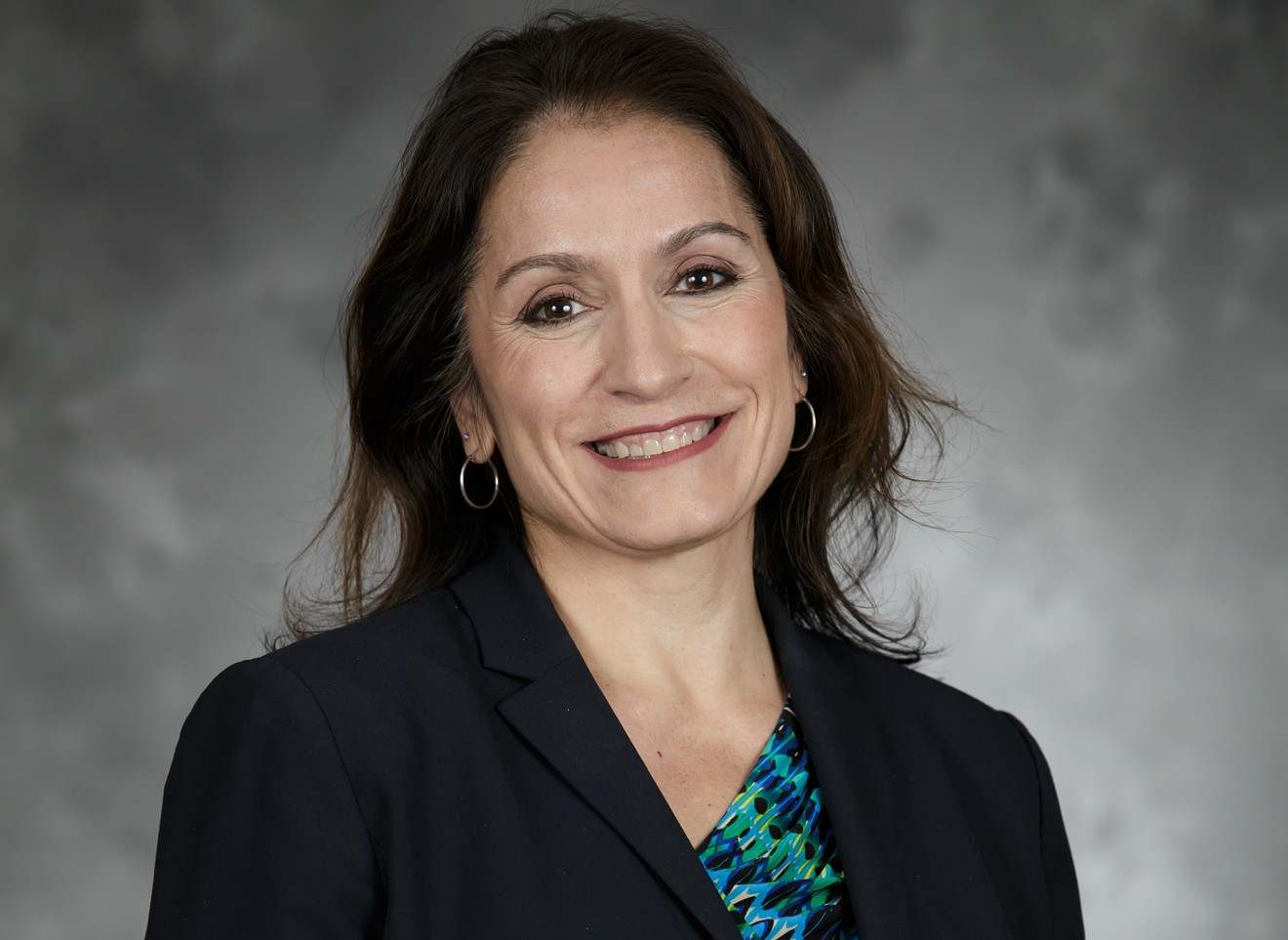Denver teachers are only two days away from possibly voting on whether to strike for the first time since 1994. Today and tomorrow, January 17 and 18, the Denver Classroom Teachers Association and Denver Public Schools will be bargaining in twelve-hour sessions to try to come to a deal to avoid a strike.
In the remaining negotiation sessions, which have taken place since November 2017, the teachers' union is pushing toward an agreement that solves its two main gripes: The union contends that the current pay-for-performance compensation system, known as ProComp, doesn't provide enough clarity for teachers to plan for their futures; and that the current base-salary framework doesn't offer adequate steps for teachers to build their pay throughout their careers.
Westword spoke with newly anointed Denver Public Schools superintendent Susana Cordova to get her thoughts on the current state of the negotiations and whether there will be a deal before a possible strike.
Westword: Are you open to accepting the union’s salary schedule proposal?
Susana Cordova: There are a couple of questions we need to get clarity on before we can assess if we’re open or not. ... We have a lot of questions that we don’t know, and [we] don’t want to make assumptions about what they’re thinking. We'd love to get those assumptions on the table.
A really good example is — we don’t even know — are we talking about the budget we put on the table or the budget they put on the table? We need to know what assumptions they’re operating with for us to consider some of the pros and cons to figure out what that looks like.
Our school board was very clear on what are some of the values that they think any agreement that we reach should contain: honoring ProComp language around the purpose of the incentives that we would maintain; incentives around investing in the highest-poverty schools, in retaining teachers in those schools, incentives for teachers in hard-to-fill positions. The board, specifically Barbara O’Brien, asked, is there anybody against these values? It sounded like everybody was in support of that.
Would your side be willing to meet the union halfway when it comes to the amount of added money and the salary schedule?
We’ve got two full days of negotiations left. We are coming to the table ready to talk, to trade ideas. Some of it may be at the table, some of it may be through the mediator. Those are both valuable ways to work. I think in some ways, there’s a lot that can be accomplished over the next two days.
We’ve demonstrated with lots of good faith our willingness to move. And we’ve made a lot of movement.
I was a little surprised that we didn’t see an offer coming back after the substantial movement we made on January 11. My goal is, let’s keep talking, let’s keep working.
What messages did you pass along to the mediator on January 15?
The mediator is pressing us both to really consider what are the most important things and where are we willing to give, and be clear and transparent about that.
There definitely was back-and-forth dialogue after folks weren’t at the table.
We’ve been really clear. We agree there’s not enough money, and we’ve added in enough money on top of it. Then, how do we use our investment to meet the spirit of ProComp and the spirit of what our teachers want and need in a salary table that works for them?
Are you optimistic that a deal will be struck?
I am a believer in the ability of people to work through hard problems if we are open to listening, to working hard, to be more aligned with how we work together to get to an agreement, and not how we posture. That’s how I came to the table last week when I first started in the role, and that's how I’m going to continue to come. I believe that if we can continue to work in that way, then we can get to an agreement.
I definitely recognize where teachers are. I've heard from lots of teachers. I've also heard from teachers who believe our proposal works really well. We need to make sure we are being value-driven. There’s so much that we agree on, and I believe we can get there. And if not, we’ll pivot.
To learn more about the union perspective, click here.
[
{
"name": "Air - MediumRectangle - Inline Content - Mobile Display Size",
"component": "12017618",
"insertPoint": "2",
"requiredCountToDisplay": "2"
},{
"name": "Editor Picks",
"component": "17242653",
"insertPoint": "4",
"requiredCountToDisplay": "1"
},{
"name": "Inline Links",
"component": "18838239",
"insertPoint": "8th",
"startingPoint": 8,
"requiredCountToDisplay": "7",
"maxInsertions": 25
},{
"name": "Air - MediumRectangle - Combo - Inline Content",
"component": "17261320",
"insertPoint": "8th",
"startingPoint": 8,
"requiredCountToDisplay": "7",
"maxInsertions": 25
},{
"name": "Inline Links",
"component": "18838239",
"insertPoint": "8th",
"startingPoint": 12,
"requiredCountToDisplay": "11",
"maxInsertions": 25
},{
"name": "Air - Leaderboard Tower - Combo - Inline Content",
"component": "17261321",
"insertPoint": "8th",
"startingPoint": 12,
"requiredCountToDisplay": "11",
"maxInsertions": 25
}
]












